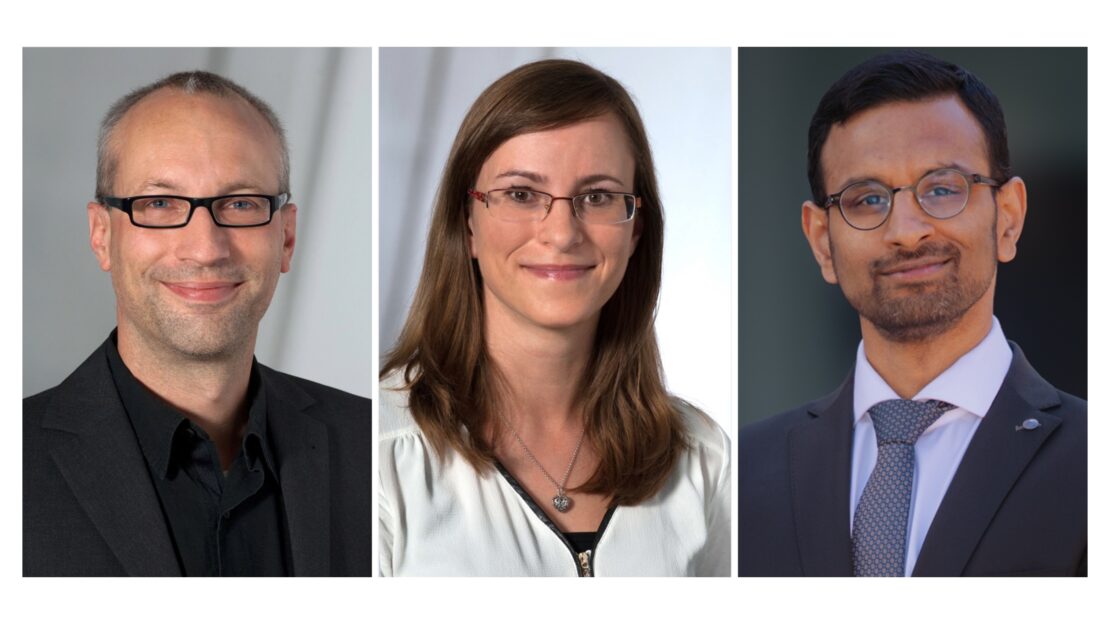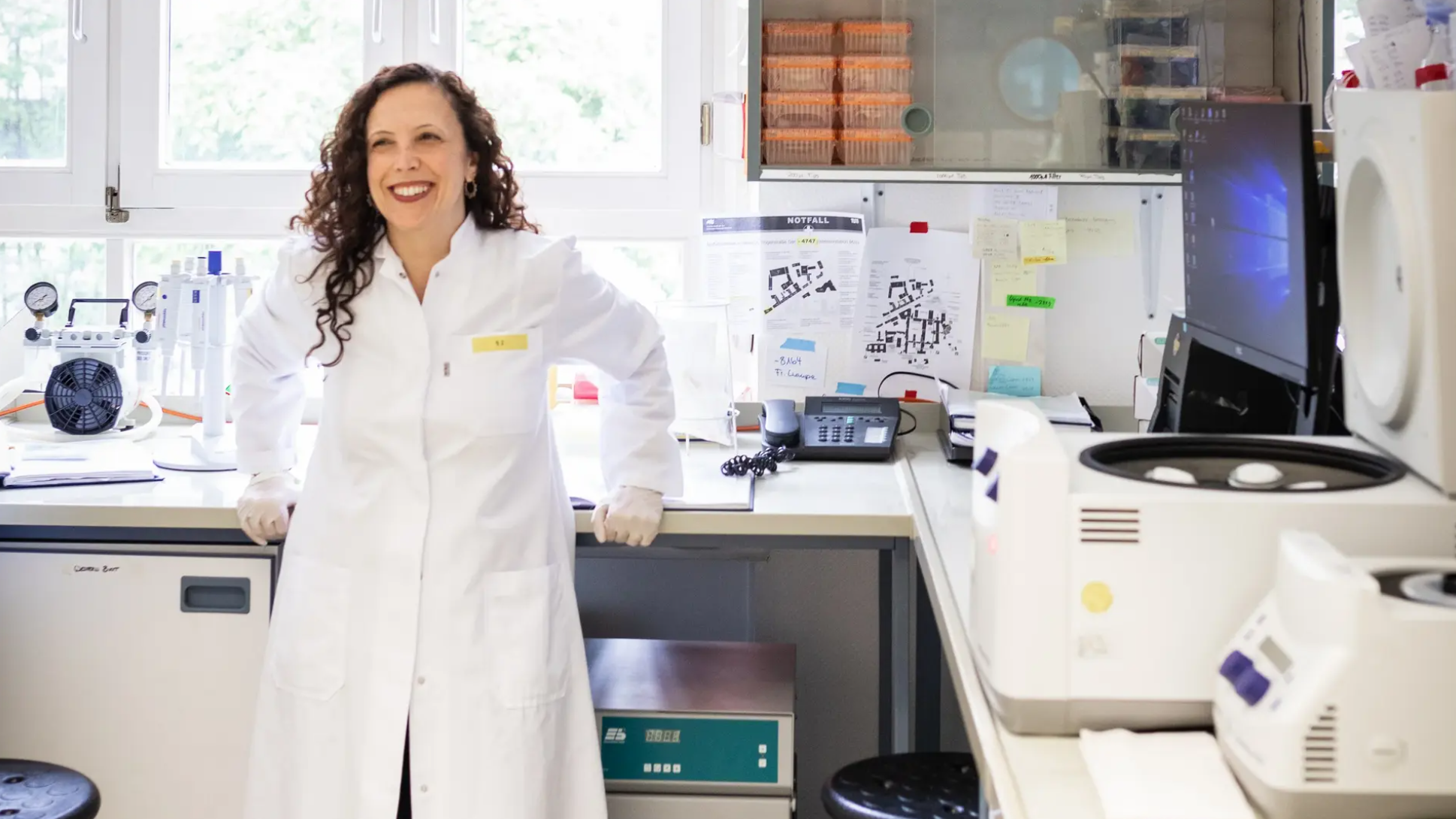HOW DO CANCER CELLS BECOME RESISTANT? WILHELM SANDER FOUNDATION FUNDS TWO RESEARCH PROJECTS AT MFHD AND UKHD

Cancer cells can become resistant to treatment: Drugs that were previously successful in combating the tumour then lose their effect. Two research teams from Heidelberg University’s Faculty of Medicine (MFHD) and Heidelberg University Hospital (UKHD) are currently trying to decipher how this ‘therapy resistance’ develops. The team led by Prof Dr Kai Breuhahn and Dr Sofia Weiler from the Institute of Pathology and Dr Dr Varun Venkataramani from the Department of Neurology at the UKHD hope that these findings will lead to new targets against cancer. The Wilhelm Sander Foundation is supporting them in their research work with a total of over 300,000 euros.
Dr Varun Venkataramani, senior physician at the Department of Neurology at Heidelberg University Hospital, is researching how a certain type of brain cell, known as oligodendrocytes, communicate with the cells of a highly aggressive brain tumour, glioblastoma. Venkataramani suspects that this interaction could contribute to resistance to therapy and is looking for new targets for treatment. The Wilhelm Sander Foundation is funding Venkataramani’s research project ‘Communication between tumour cells and oligodendrocytes as a novel therapeutic target in glioblastoma’ with around 200,000 euros.

New combination therapies for liver cancer possible?
Prof. Dr Kai Breuhahn and Dr Sofia Weiler from the Institute of Pathology at Heidelberg University Hospital and their team are investigating how a specific protein structure, the so-called YAP/TAZ/TEAD protein complex, is altered during the course of tumour therapy for liver cancer. This change could contribute to liver cancer becoming resistant to treatment with new drugs. The ‘Reorganisation of transcription factor complexes under therapy’, the title of the funded project, may open up approaches for new combination therapies. The Wilhelm Sander Foundation is funding the research project with 109,000 euros. Cooperation partners of the project are Prof. Dr Stephan Singer (Pathology and Pathological Anatomy, University Hospital Tübingen) and Merck Healthcare.



